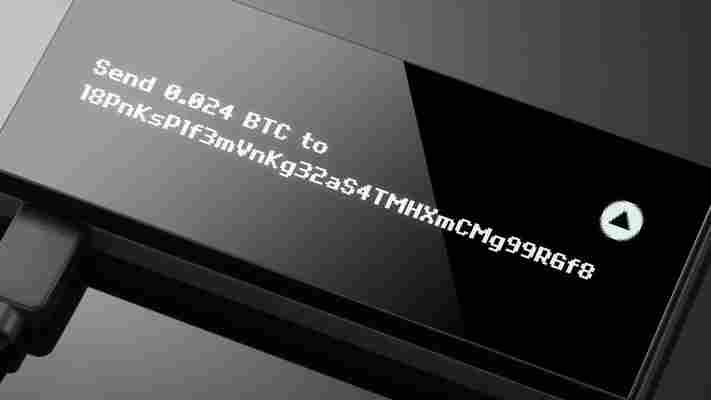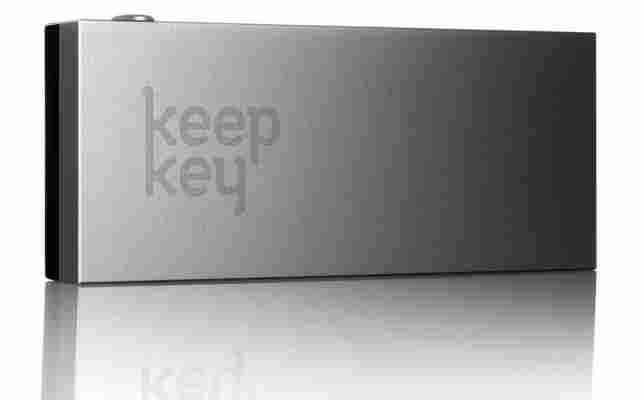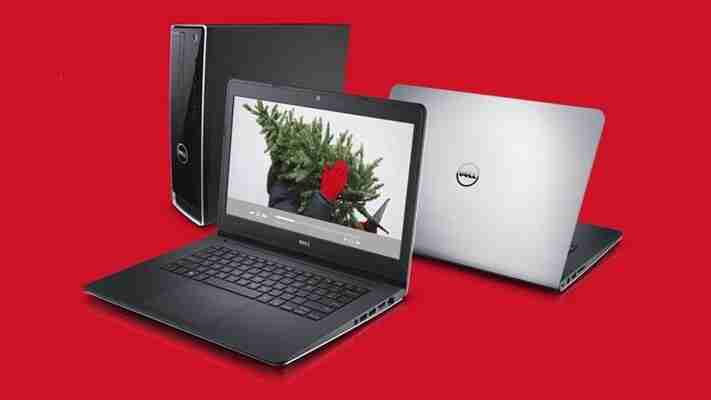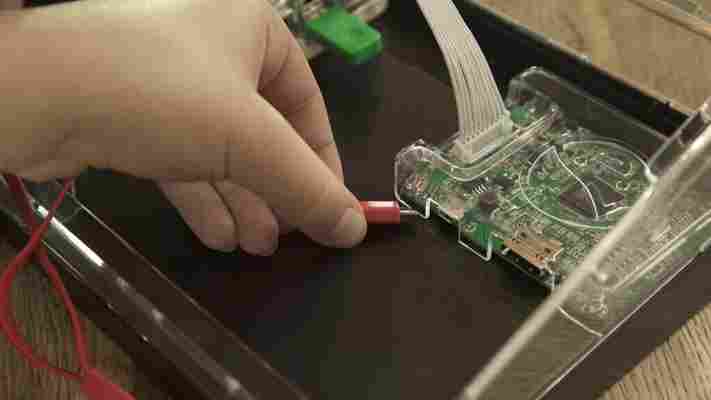While it’s getting easier to spend Bitcoin on the Web for physical and digital goods and services, keeping your cryptocurrency safe still remains a challenge — you either have to entrust your private key to an online wallet or store it on an offline computer in your home or office.

KeepKey hopes to change that with its $239 hardware vault. The pocket-sized device generates and stores private Bitcoin keys and lets you make purchases online — negating the need to trust a third-party service with your keys.
KeepKey: Your Private Bitcoin Vault from Darin Stanchfield on Vimeo .
The KeepKey connects to your computer with a USB cable and works in tandem with a Chrome extension that lets you set a PIN code for security and automatically fill in details when you’re making purchases with Bitcoin. You can review order details on its OLED screen and press a button on the device to confirm your transaction.
The company says KeepKey supports multiple wallets and is completely virus- and malware-proof. It also looks like a neat accessory for 21’s personal Bitcoin mining computer .


It’s not the only hardware wallet for Bitcoin out there — the Ledger Nano is an intriguing alternative that’s the size of a flash drive and costs only $32.
KeepKey ships for free internationally and is available on Amazon for $239 , as well as the company’s site , where you can pay with Bitcoin.
➤ KeepKey
Dell is fixing the huge security flaw that made it easy to steal user data off its PCs
PC maker Dell has announced a fix for a major security flaw found in computers that the company shipped this year. Some of its systems came preinstalled with a self-signed root certificate that makes it easy for attackers to exploit all affected systems.

Programmer Joe Nord found that a couple of Dell laptops, including an Inspiron 5000 series model and an XPS 15, had a self-signed transport layer security credential issued by ‘eDellRoot’. Nord noted that the certificates on both systems are signed using the same private cryptographic key.
That means that an attacker could extract the key using publicly available tools and create a site that appears to be secured using the HTTPS protocol, which would be trusted by all computers that have this certificate preinstalled.
They can then intercept their traffic using a man-in-the-middle attack and do things like capture users’ credit card details and passwords or install malware on their computers.
Dell has acknowledged the issue and has published instructions for permanently removing the certificate. The company says it will also push a security update on November 24 to help get rid of it automatically.
The security flaw is similar to Lenovo’s Superfish fiasco , which came to light in February. The company shipped several PCs with a self-signed certificate as well as adware that injected third-party ads on Google searches and websites without the user’s permission.
➤ Response to Concerns Regarding eDellroot Certificate [Dell]
Kano starts shipping a DIY HD screen kit aimed at kids
London-based startup Kano has started shipping pre-orders of its latest DIY hardware, the 10.1 inch LCD HD Screen Kit .

Unveiled back in September, the company’s build-your-own screen can be combined with the New Kano kit powered by Raspberry Pi 2, initially offered at a special price of $250 for both.
The screen works as a standalone device costing $110 when pre-orders went live, but its retail price is now $129.
People who didn’t pre-order can still get their hands on one, with the company saying it should arrive before Christmas.
Kano raised a $15 million Series A round back in May and was recently chosen as one of Silicon Valley Comes to the UK’s Scale Up Club for 2015 because of the 1000 percent growth year-on-year seen as the company has expanded.
Kano goes head-to-head in the build-your-own computer space with the likes of London’s pi-top, which just smashed its $50,000 Indiegogo campaign for the the pi-topCEED, a $99 Raspberry Pi-powered desktop computer.
Disclosure: I delivered a freelance project for Kano back in 2014.
